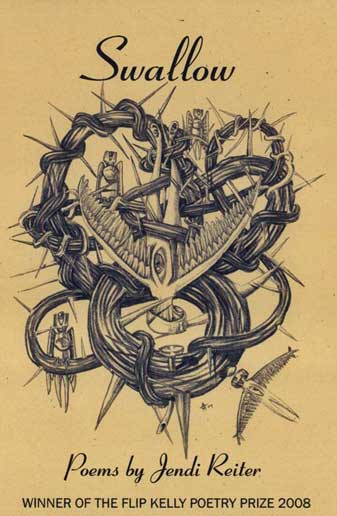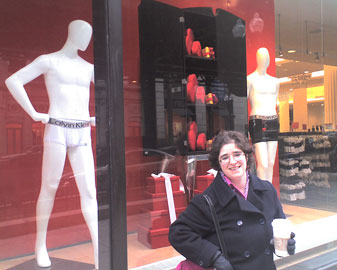Superstar lawyers David Boies and Theodore Olson, who faced off in Bush v. Gore in 2000, have teamed up to challenge the constitutionality of California’s gay marriage ban, Proposition 8, in federal court. The trial begins today in San Francisco. This Wall Street Journal interview with Boies also includes links to in-depth coverage of the case in the New Yorker, the American Lawyer, and leading national newspapers. An excerpt:
The headline in Margaret Talbot’s New Yorker story out Monday asks: “Is it too soon to petition the Supreme Court on gay marriage?” It’s also a question that’s been asked by others who oppose Prop. 8 — whether you and Ted are rushing into this in a way that’s doomed from the start, that there’s no way you’ll get five votes from the Supreme Court. How do you respond to those critics?
It’s not an uncomplicated issue. My question back is this: How do you decide when the time is right to vindicate one’s constitutional rights?
The polls and the evidence suggest that the the overwhelming majority of young adults support gay marriage. Those that don’t are, for the most part, people in my and Ted’s age bracket. And that’s the age bracket of the judges we’ll be arguing our case in front of. And people say you ought to wait to litigate this until you have judges that have not grown up in an atmosphere of discrimination against gays.
Because those judges have grown up in that type of atmosphere. When Ted and I were in sixth grade and when most of the justices and judges were in sixth and seventh grade, you had President Eisenhower issuing decrees dismissing all homosexuals from military service and dismissing from federal service more generally. You couldn’t be a letter carrier if you were a homosexual. Homoesexuals were described as sexual deviants, homosexual activity was criminalized.
So the argument goes like this: it’s hard for people of my generation to separate themselves from the atmosphere of prejudice in which we grew up. But I have more confidence that judges will be able to separate themselves from that atmosphere. If I’m wrong, I suppose we’ll just have to wait.
It’s interesting. You talk as if you think same-sex marriage is an inevitability. As if it’s just a matter of time before it becomes the law of the land.
I think you’re right. There’s clearly going to be gay marriage in the future, and the attitudes of young people make that clear. It can happen now, or we can lose another generation to discrimination.
In my opinion, the time is right now. But it’s also true that if we win or lose, the issue will be back. Both Ted and I feel we have more than five votes on the Supreme Court, but this issue isn’t going away. Plessy v. Ferguson was not the final word on segregation, nor will a defeat, if that happens, end this battle.
What about critics who say that the issue is playing out the way it should — in the states; that by filing this suit, you guys are circumventing the legislative process and attempting to cut off Democratic debate?
Well, that’s the reason you have a Bill of Rights. You don’t want to place issues involving constitutional importance in the hands of a democracy. If you subscribed to that, you’d hardly need a constitution.

